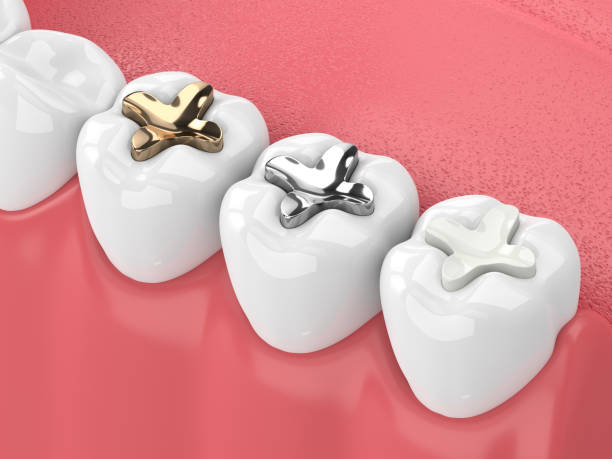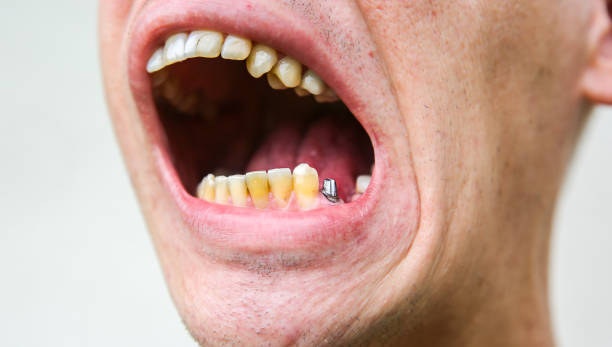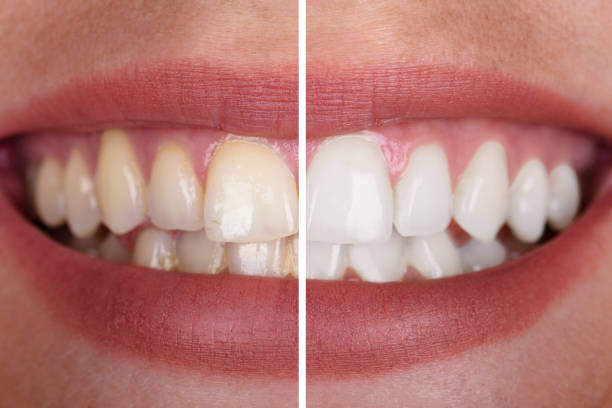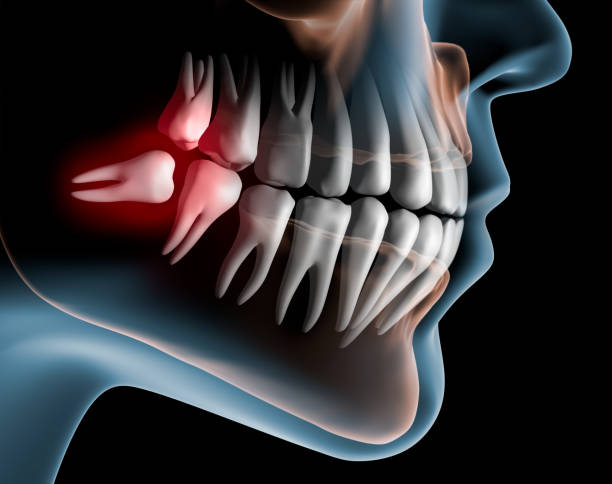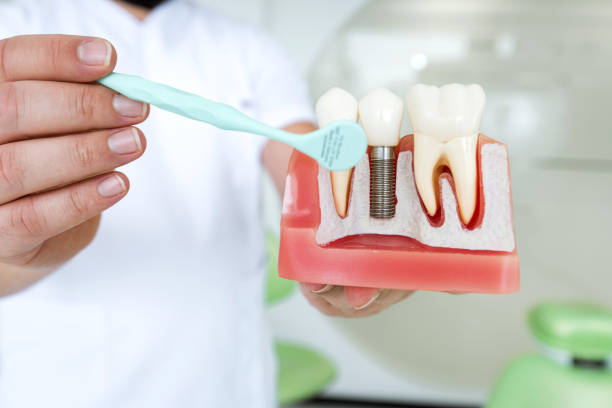Although removing wisdom teeth is a common procedure, can wisdom teeth grow back?
Your wisdom teeth will never grow back after being removed. If you have your wisdom teeth removed when you are young, there is no chance that they will grow back in when you are in your 30s, 40s, 50s, or later. Supernumerary teeth are additional teeth that may grow after your primary wisdom teeth have been removed.
For more information on wisdom teeth, continue reading.
Table of Contents
What Are Wisdom Teeth?
Wisdom teeth, usually referred to as your third molars, erupt in young adults’ mouths around ages 17-21. These molars became known as wisdom teeth because this stage occurs during adulthood. (Clever, huh?)
Though wisdom teeth don’t seem like a smart thing to have nowadays, the Smithsonian Institution reports that wisdom teeth were most likely lifesavers in our evolutionary past. In contrast to modern humans, early hominids consumed raw, chew-difficult food and were susceptible to gum and tooth problems. Because of this, it is likely that they lost a number of molars before they were in their late teens, either from decay or trauma. When wisdom teeth first appeared, our ancient forebears could still chew their food, ensuring that they would survive. (Yay!)
However, as humans evolved, our jaws shrank and food became much easier to chew, but our wisdom teeth persisted. And just like our tonsils and appendix, wisdom teeth sometimes cause more issues than they’re worth. This is especially true if you have extra wisdom teeth.
Why Do We Have Wisdom Teeth?
Why do we have wisdom teeth if they are problematic and frequently need to be removed?
According to researchers, it’s thought that wisdom teeth date back to our distant ancestors, who had more teeth and larger jaws to accommodate them.
Our jaws have shrunk as we have evolved, and they no longer have room for these extra teeth.
Read More: Why Do We Have Wisdom Teeth?
Why Do We Remove Wisdom Teeth?
Your dentist will most likely discuss extracting your wisdom teeth if you have:
- pain
- infection
- cysts
- damage or potential damage to neighboring teeth
- tooth decay
- gum disease
- tumors
As part of an orthodontic procedure, such as straightening your teeth, frequently with braces, your dentist might also recommend removal.
The removal of impacted wisdom teeth that aren’t causing symptoms may also be advised by dentists in order to avoid further issues. When wisdom teeth are impacted, it means that they are developing under the gum line at an unusual angle.
Read More: What to Eat After Wisdom Teeth Removal?

Should I Worry About My Wisdom Teeth?
Your dentist will monitor your wisdom teeth, keeping an eye out for:
- incorrect positioning of the wisdom teeth When a wisdom tooth is positioned incorrectly, it can trap food and foster the growth of bacteria that cause cavities.
- inadequately erupted wisdom teeth. The space between the second molar and the wisdom tooth can be difficult to clean effectively with the floss if your teeth are crooked.
- wisdom teeth that are still in the process of emerging. Partially erupted teeth can become infected by allowing bacteria to enter the gums. Swollen, infected gums are a possibility.
- lack of space for the wisdom teeth. Lack of space can cause teeth to crowd or break when they erupt.
It’s possible for an impacted wisdom tooth to develop a cyst, which can harm the jawbone and the roots of nearby teeth.
Read More: Can Wisdom Teeth Cause Headaches?
Does Wisdom Tooth Grow Back?
A wisdom tooth will protrude from beneath the gum line when it begins to erupt. If you’re lucky, it will break through next to your other two molars. Even though your teeth would typically not need to be removed in this situation, your dentist would probably keep an eye on them.
But a lot of people discover that their jaws are too small, leaving no room for these extra teeth. Lack of space can make wisdom teeth push up at an angle, become stuck, or fail to fully emerge above the gum line when they erupt. These teeth are referred to as impacted teeth. Since they are hidden by a gum, you might even have impacted wisdom teeth that you are unable to see. Dental X-rays are able to detect them in this situation.
Although wisdom teeth extractions are still fairly common, can they grow back? If your wisdom teeth were removed, you might be relieved to learn that they do not recur. The fact that some people have more than four wisdom teeth may make it seem as though teeth that have been removed in the past are reemerging, which contributes to the myth that wisdom teeth can grow back.
Takeaway
Your wisdom teeth won’t grow back if they have been surgically removed.
Though it’s possible that you’re one of the uncommon individuals with more than the usual four wisdom teeth. The term “supernumerary teeth” may be used to describe these extra teeth.
Not all extra teeth in your mouth are wisdom teeth; they can appear anywhere. Typical dental X-rays are where dentists typically find them.




